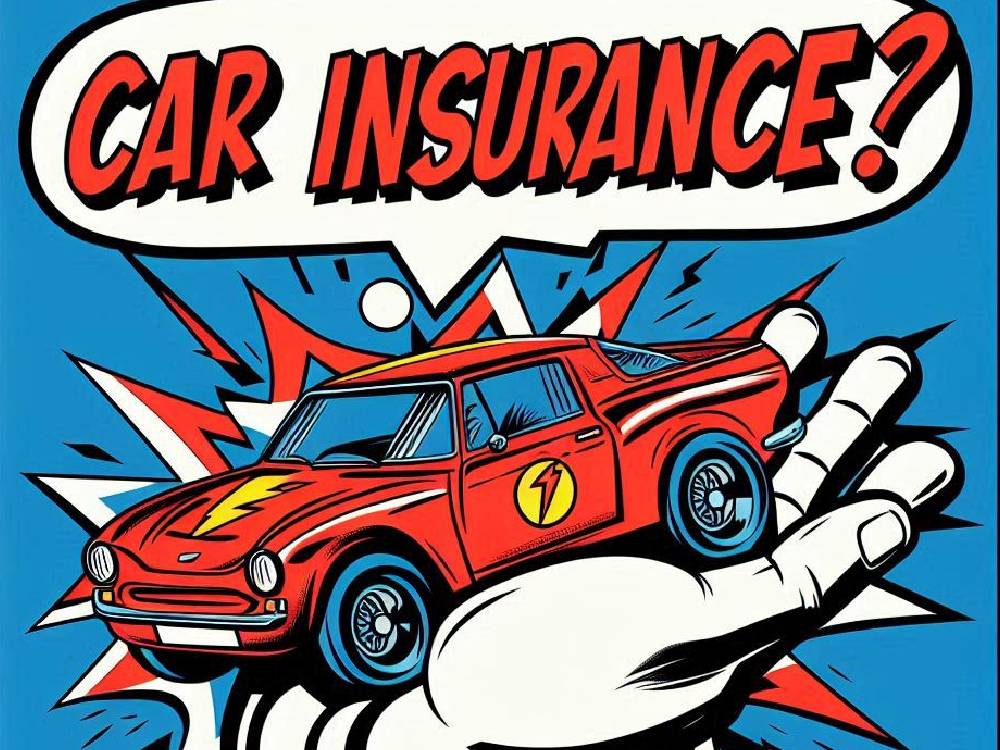Has Your Insurer Refused To Renew?

Introduction
Refused to renew?
Have you ever received an unexpected notice that your car insurance won’t be renewed?
It’s a frustrating situation, but it’s more common than you think.
Insurers can refuse to renew your policy for various reasons, and many of them may seem out of your control.
However, if you understand why this happens—and how to handle it—you can stay protected on the road.
Reasons Why Your Car Insurance Might Have Refused To Renew
When it comes to renewing your policy, insurers carefully assess the risk you pose as a driver.
If they find that you’re too risky, they may choose not to renew.
This decision can be based on a variety of factors, from your driving history to missing important details in your application.
Let’s dive into the most common reasons why this happens.
Non-Disclosure Of Relevant Information
One of the main reasons your insurance might not be renewed is non-disclosure.
This happens when you fail to provide accurate or updated information during your policy period.
Non-disclosure can either be intentional or accidental.
But either way, it’s a red flag for insurers.
For example, if you didn’t tell your insurer about previous motoring convictions or modifications made to your vehicle, it could lead to a refusal.
Even something like engaging in insurance fronting can be enough to void your cover.
Insurers take this seriously because the information you provide directly impacts their ability to assess risk.
Want to know more about how non-disclosure affects your insurance?
Click here for more.
Your Driving History And Claims Record
Your driving record is another key factor in determining whether your insurance gets renewed.
If you have a history of traffic violations or frequent accidents, your insurer might consider you too high-risk to insure.
Multiple claims during a single policy term can also impact your chances of renewal.
Why is that?
Insurers need to minimise risk, and frequent claims are a red flag.
For example, if you’ve made several claims within a short period, your current insurer may decide not to renew your policy to avoid potential future costs.
Learn how claims can impact your car insurance premiums.
Refused To Renew: Failure To Adhere To Policy Terms
Did you follow all the terms and conditions of your car insurance policy?
If not, this could be another reason why your insurer refuses to renew.
It could be something as straightforward as not keeping your vehicle in the agreed-upon location.
On the other hand, it might be as serious as engaging in risky driving habits that your telematics device has tracked.
In any case, breaching your policy terms is a major concern for insurers, and more often than not, this can lead to non-renewal.
A Change In Your Circumstances
Have you had a significant life change?
At times, a change in your circumstances can significantly affect your car insurance renewal.
For instance, if you’ve recently moved to a new area or switched jobs, your risk profile could shift as a result.
In particular, taking on a higher-risk job or relocating to an area with higher crime rates might lead to non-renewal.
After all, insurers are always adjusting premiums based on evolving risk factors, and any change in your situation could push you into a higher-risk category.
Missed Or Late Payments
Have you missed any payments during your policy term?
Well, this is where things can get tricky.
Payment history plays a critical role in whether your policy gets renewed.
If you’ve missed payments or had lapses due to non-payment, your insurer may quickly label you as unreliable.
Even a single missed payment can trigger a red flag.
What happens next?
You guessed it—non-renewal.
What To Do If Your Insurer Refused To Renew
So, what should you do if your insurer refuses to renew your car insurance?
First things first, you’ll need to act fast.
Here’s how you can tackle the situation head-on:
1: Contact Your Current Insurer
Before anything else, reach out to your current insurer.
Why?
Understanding exactly why they refused to renew is the key to avoiding future problems.
Once you have this information, you’ll know what needs fixing.
2: Compare Quotes From Other Insurers
Next, don’t just sit around.
Start comparing quotes from other insurance companies right away.
The good news is, not all insurers look at your risk profile in the same way.
So, even if one refuses, another might still offer you a great deal.
Use comparison tools, but here’s the thing—make sure you accurately fill in all the required details.
3: Rectify Any Outstanding Issues: Avoid Being Refused To Renew
Now that you know the reason for non-renewal, it’s time to fix the problem.
Did you miss payments?
Have unpaid fines?
Or maybe you’ve racked up some driving violations?
Whatever the issue, address it immediately before applying elsewhere.
Pay any outstanding amounts and start improving your driving habits.
Why does this matter?
Because the cleaner your record, the better your chances of getting insured again.
Avoid Gaps In Coverage
Here’s something crucial—never let your coverage lapse.
Driving without insurance is a risky move, and it could cost you big time.
The penalties?
Severe fines, points on your licence, or worse—you might even lose your vehicle.
So, what’s the takeaway?
Make securing new coverage your top priority.
Don’t wait.
Conclusion
Let’s face it—getting your car insurance refused to renew can feel overwhelming.
But here’s the bright side:
By taking quick action—contacting your insurer, comparing quotes, and addressing any issues—you can get back on track.
Remember, driving without insurance is never an option.
What’s next?
Take the necessary steps today, and you’ll find plenty of insurers willing to cover you.
Want more tips?
Check out these helpful guides:






